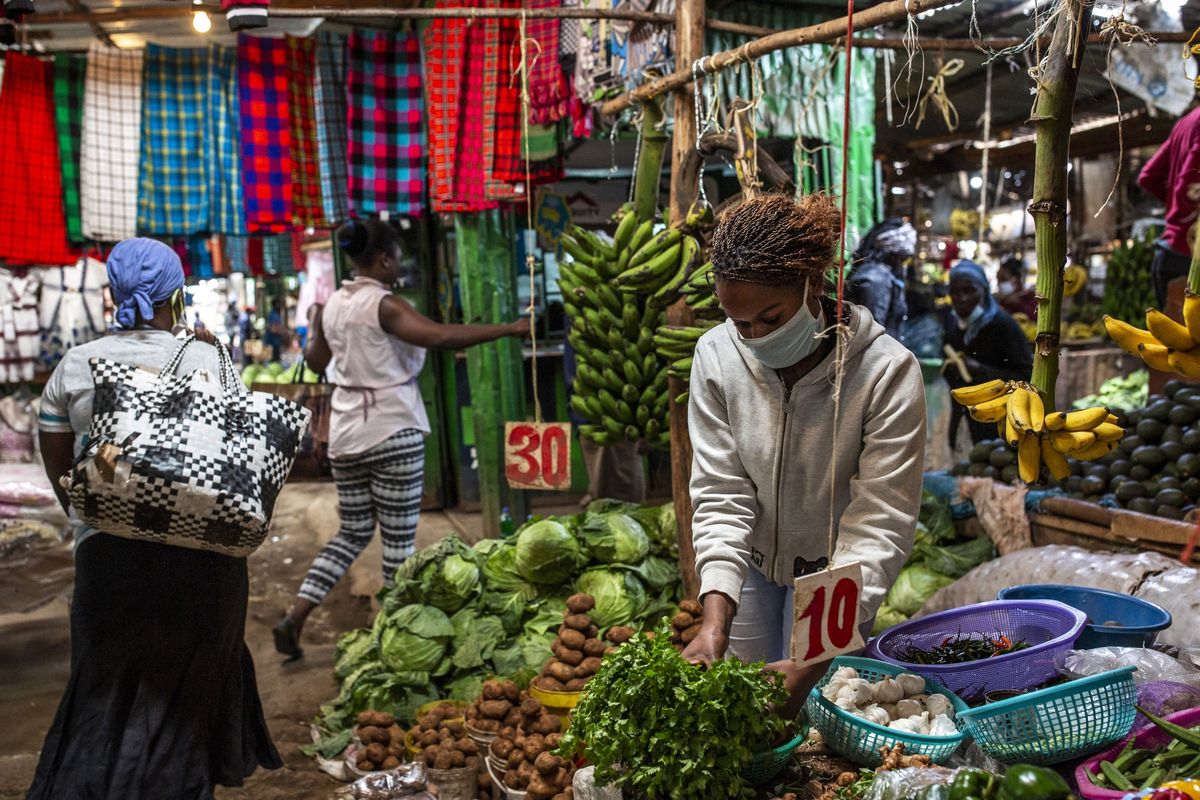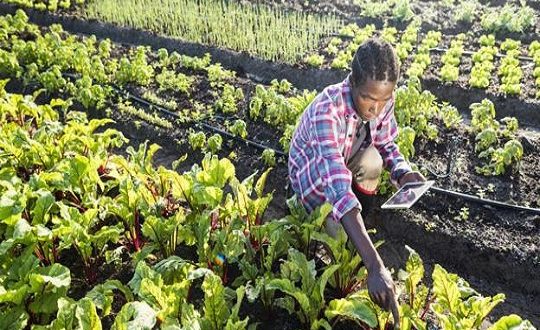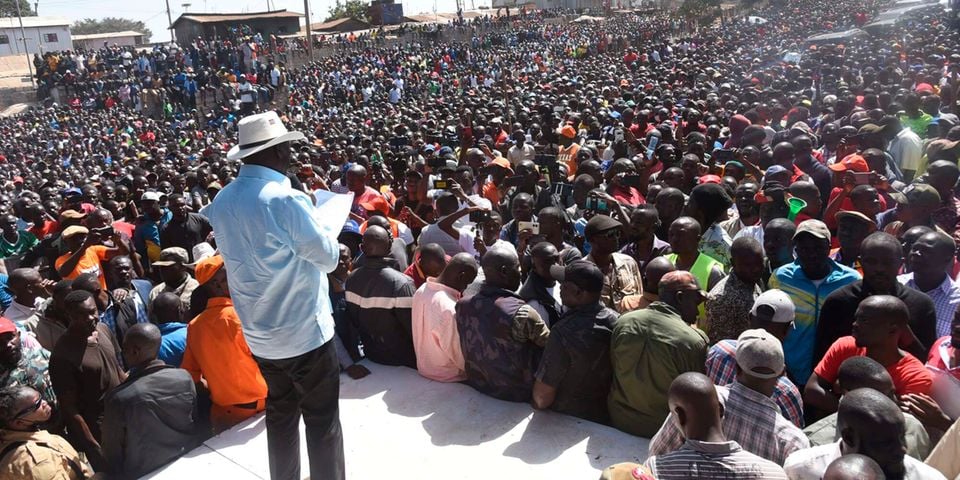Investors are unloading Kenya’s dollar bonds due 2028, whose yields have climbed to 14.6% and the shilling has also trading at a record low, while opposition leader Raila Odinga’s Azimio La Umoja (Declaration of Unity) party has said protests against government policies would resume after Islam’s holy month of Ramadan, if no progress had been made in talks.
East Asia’s economic and political powerhouse has seen a host of infrastructure projects in recent years, but the problems seem getting worse behind the facade. The extra yield investors demand to hold Kenya’s dollar bonds over US Treasuries indicated a rise to 1,019 basis points on Monday (24 April), on track for a 14th consecutive day of increases, which is above the 1,000 level widely considered by bond traders as distressed. “The market is still struggling to see how the financing needs will be met in 2023-4,” said Kaan Nazli, a portfolio manager at Neuberger Berman Asset Management. “We don’t think the fears are overblown.” Kenya has a principal payment of $2 billion due next year, compared with foreign reserves of about $6.3 billion. To deal with the financial distress, the country has even delayed paying wages to its civil servants.
Against the backdrop of this financial crisis, ordinary Kenyans cry foul over the ensuing economic crisis. Thousands of unemployed Kenyans struggling to feed their families have in recent weeks joined pro-opposition demonstrators in Nairobi to protest against the high cost of living. It’s hardly surprising after all the bad news: inflation hit 9.2% in February, the region’s record drought has left millions of people without resources and food, and the Kenyan shilling has fallen to an all-time low. Although the Covid-19 pandemic and the war in Ukraine have contributed to the ongoing crisis, many protestors believe the administration of President William Ruto could do much more to alleviate their woes. The demonstrations organized by Odinga’s Azimio La Umoja party have been set to resume on 2 May after talks with the government failed. The protesters have accused Ruto of mismanagement, while his supporters have accused Odinga of using anger over rising prices, a global phenomenon, to press for political concessions and a possible role in government.



